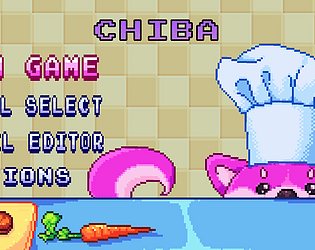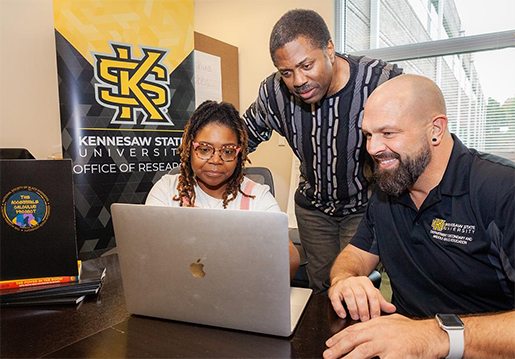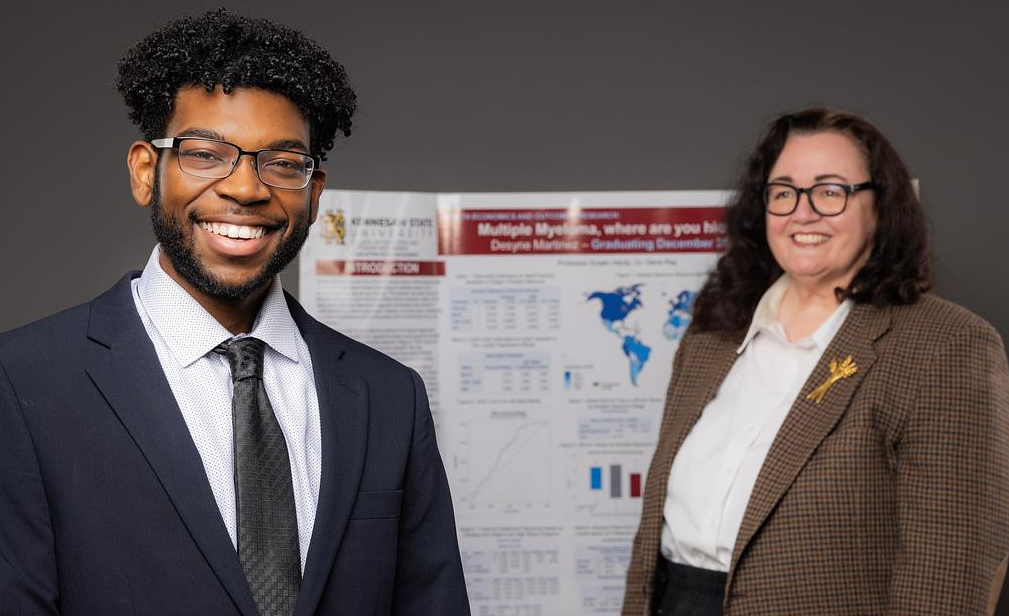Code Kids: Unlocking the Wonders of Computing for Young Minds
-
What CCSE students can do: student-made games

CAAAAAAAAT!!!
A funny game about a long cat who wreaks mayhem!! Play as Mittens, a goofy cat that loves to create chaos around the house of their owner. Mittens eats some strange expired kibble however, and suddenly is getting long!!This was created during the 2024 Global Game Jam.
Play in your internet browser
Chiba
Sokoban with a twist!This game won first place for undergraduate capstone projects at Kennesaw State University's Computing Showcase (C-Day) in Spring 2023.
Play in your internet browserHemmorrhage
A fast-paced FPS action game with a focus on risky gameplay and dodging enemy attacks. Fight your way through hordes of grotesque creatures and make it to the end!This game won first place for undergraduate capstone projects at KSU's Computing Showcase (C-day) in Fall 2023.
Download the playable demo buildTread Lightly
Demo - a simple but challenging 2D platformer.This game won first place at KSU's Global Game Jam and the Best in Georgia award at the Georgia Game Developer's Association in 2022.
Play the downloadable demo for Windows -
Fun Facts about Computing
- The earliest computer was an abacus, invented in Babylon in 500 BCE.
- The first digital general-purpose computer, called the Analytical Engine, was as large as a house and powered by 6 steam engines. It was designed in 1837.
- The world's first computer programmer was a woman! In 1843, mathematician Ada Lovelace wrote the first algorithm code for the Analytical Engine to calculate Bernoulli numbers.
- The term "bug" became the name for a malfunction in computer technology after a literal moth got into the Mark II computer that caused it to stop working.
- The most common password for a computer and social media platforms is 123456 (yes, you should go change your password now).
- Yelling at a hard drive will cause it to slow down.
- CAPTCHA stands for "Completely Automated Public Turing Test to Tell Computers and Humans Apart".
-
How Computing can change the world
- The most obvious is how computing has connected more people around the globe than ever before. You can talk and even do a video call to see someone in realtime that is on the other side of the planet!
- Artificial Intelligence is being used to help world agriculture! It can augment farmers' knowledge to improve productivity, reduce losses, make agriculture more sustainable, optimze supply chains, and even allow farmers who can't read or write to interact with technology through just speaking into their device. This equips the industry to face the increasing challenges in agriculture as we move into the future, and better fight world hunger.
- Technology has also made a huge impact in healthcare. It allows for faster and more accurate access to patient records, improved access to care through such things as telehealth, and improves diagnostics in every way.
- We have access to vast amounts of information at our fingertips almost instantly, which has allowed for a dramatic amplification in the way science diffuses through the world and ultimately is changing the way we understand the universe around us.
-
What YOU can do: activities to learn about Computing

Dr. Alan Shaw & Dr. Brian Lawler receive an NSF grant to help middle school students in math and computing.

Desyne Martinez, a Data Science & Analytics minor student guided by Dr. Susan Hardy, won a $500 award from Best Buy for his research into Multiple Myeloma. He was inspired to research the rare form of bone marrow cancer after his father was diagnosed with it in 2020.

















